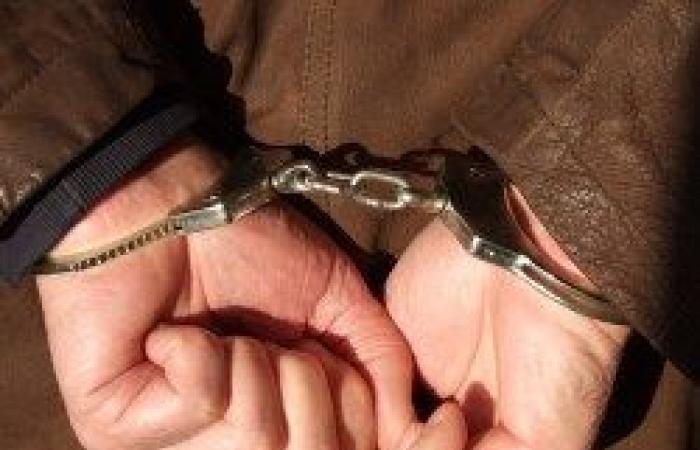When it comes to imposing welded caps on mineral water bottles that infuriate more than one person, France complies without delay, but when it comes to adapting our law to that of the EU, it drags its feet. This is the reason for the catch-all law of April 22, 2024, which modifies some of our rules “in matters of economy, finance, ecological transition, criminal law, social law and agricultural matters.”
A law that comes into force following a directive from the European Parliament dating back more than ten years.
The police custody procedure is affected by this text which strengthens the rights of persons placed under police custody, in particular the impossibility of starting a hearing without the presence of a lawyer, and removes the waiting period. While it applies this Monday 1isJuly, its practice will only be considered the next day, during a meeting, apparently informal, between the Directorate of Criminal Affairs and Pardons (DACG), the presidents of courts, the police and the National Bar Council.
A fortnight ago, Laureline Peyrefitte, the director of the DACG, issued a circular which details the modalities of implementation of this reform, attempting, at least in its presentation, to minimize the restrictive effects of these new rules for the services in charge of a judicial police mission, that is to say the police, the gendarmerie and customs.
I don’t know if, for its part, the general management of the national police has given the operating keys to its troops. It is true that these days, at Place Beauvau, there are other subjects of concern…
As for the National Bar Council, its circular dates from June 26.
This reform strengthens the role of the lawyer, makes his presence almost obligatory and grants the person in custody a certain right of communication with the “outside”.
La fin du délai de carence
Until then, if the lawyer of the person in police custody had not appeared within two hours, the OPJ could begin the hearings without him. This waiting period is waived. From now on, the general rule is that neither hearings nor confrontations can take place in the absence of the lawyer. If the designated lawyer cannot be present within the two-hour period, it is up to the OPJ to contact the President of the Bar for the appointment of an official. Pending his arrival, only an identity report can be considered. The lawyer is required “to appear without undue delay”. Deliberate delay could probably be considered professional misconduct or procedural trickery. (art. 63-3-1)
There are exceptions, but they are… exceptional:
– The person detained in police custody expressly waives the presence of a lawyer by a note entered in the report and signed
– With the authorization of the public prosecutor, by a written and reasoned decision “either to avoid a situation likely to seriously compromise criminal proceedings, or to prevent a serious attack on the life, liberty or physical integrity of a person” (new art. 63-4-2-1)
Droit d’accès aux procès-verbaux d’audition et de confrontation
The lawyer can now consult the hearing and confrontation minutes, even if he was not present during these acts. He cannot photocopy them, but he can take notes. Despite constantly repeated requests from the profession, lawyers still do not have access to the entire file.
Droit de prévenir toute personne
To date, the person in custody could only notify a close relative or their employer. From now on, they can notify the person of their choice regardless of their status and communicate with them if they wish. It is up to the OPJ to determine whether this contact with the outside world should be in writing, by telephone or in person. This interview cannot exceed thirty minutes. The investigator may decide to attend.
If this notice to a third party risks seriously hindering the investigation, the prosecutor may, at the request of the OPJ, postpone any external contact.
While relations are hardening between lawyers (increasingly litigious) and magistrates (increasingly overwhelmed), this reform of police custody will not make things easier, because the law passed in April 2024 is a minimum compared to the European directive. As it stands, appeals are not impossible, especially since for European authorities, prosecutors are not considered independent magistrates, both because of their hierarchical links with political power and to the extent that they are stakeholders in the trial as representatives of society.
Police custody reform: the lawyer master of clocks






